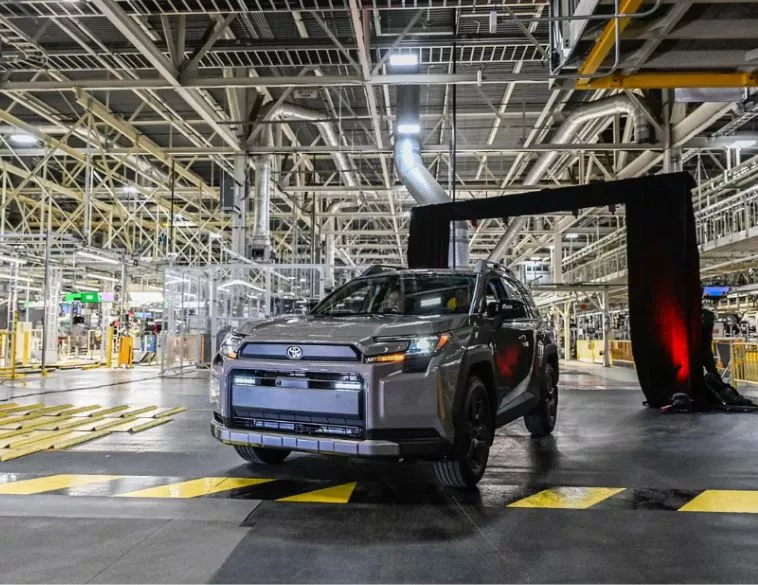War Plans

How to prepare your fleet for the global tariff war.
So far, 2025 has been the most unpredictable and unusual year that we have faced in a very long time. Now is a good time to position fleet as a strong enabler within your organization. Whether your fleet is operated in the private sector or the public sector, it cannot be an impediment when so much uncertainty is present. I suggest organizing your plans less along the lines of business in a fleet (vehicle selection, fuel, maintenance, record-keeping, loss prevention and so on), and more aligned with your organization’s business structure. These most often fall into the five principal management functions.
- Finance. Fleet needs to work with the finance people to ensure that acquisition and replacement cycles are affordable in light of current interest rates and access to capital. Capital spending will be put on hold. Lease versus own should be re-visited to ensure the best option is being used. Vehicle replacement schedules need to be reconsidered in light of uncertain new vehicle prices and the possibility of disruption to vehicle manufacturing. It won’t be business as usual, and the early signals will be seen in the automotive sector.
- Information technology. It may be time to look at how you gather and process data and measure the performance of your fleet, and whether this is done using in-house resources or an external provider. The information needs to be relevant and support good decision making. Knowing the whole cost of fleet is important to senior management.
- Operations. This can extend to many people outside the fleet department, especially in fleets that are operating in many different provinces or cities. Ask how you would manage if those people in other locations weren’t there in the near future. It happened to me when I was fleet manager for a multinational company with branches across the country. It decided that administrative employees weren’t necessary at the branches, and most were terminated. My local coordinators were suddenly missing, and I needed to solve this. Our fleet card provider helped.
- Human Resources. Organizations need to think hard about head count in these unpredictable times (see the point above). If you have in-house maintenance facilities, this could be a target for outsource attacks. Employee retention is still important. Fleet managers must treat their employees as their top priority.
- Marketing and Communication. I was involved in both the Ontario and federal election campaigns this year. Two things were plain to see: fear and anger. I have never witnessed either of these to the extent I saw going door-to-door. Understanding and reassurance is needed at every level, and if you can help with that, people can get through their workday faster and with less stress. Keep the messaging positive and authentic. Be truthful about problems, especially if employees are anxious and distracted.
I have often heard fleet managers say, “Fleet is not your mother,” when describing their relationships with their user groups. No it’s not, but it should be their trusted friend, resource and enabler.





